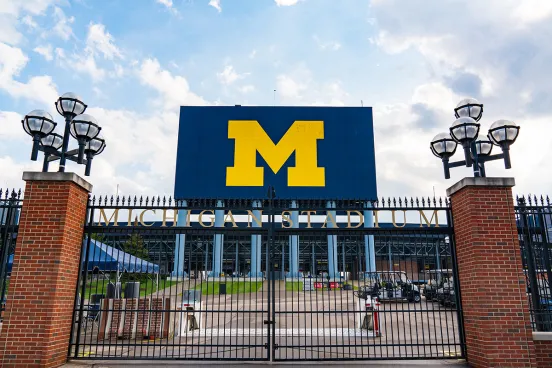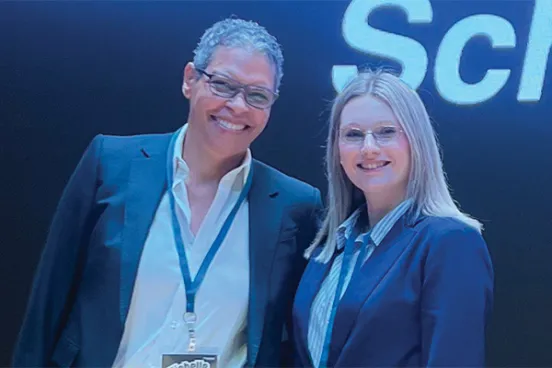The Civil Rights Litigation Clearinghouse, which is housed at Michigan Law, published this summer the first in a series of white papers focused on criminal justice policy reform. It was drawn from the tens of thousands of litigation documents in the clearinghouse collection. The paper, “Effective Communication with Deaf, Hard of Hearing, Blind, and Low Vision Incarcerated People,” looks to settlement agreements, judicial opinions, expert and monitor reports, and existing prison and jail policies to propose best practices for jails and prisons to serve the needs of people with communication disabilities in their custody.
Tens of thousands of people incarcerated in jails and prisons throughout the United States are deaf, hard of hearing, blind, or have low vision. Federal disability antidiscrimination law requires jails and prisons to avoid discrimination and ensure effective communication and equal access to services, programs, and activities. Failure to meet these requirements is unlawful and may have dire consequences.
“It’s discriminatory and harmful when deaf and/or blind people behind bars can’t understand staff and navigate their environment. So prisons and jails must provide the tools they need—sign language interpretation, screen reading technology, and other accommodations—to receive equal access to prison and jail programs and services,” says Margo Schlanger, the Wade H. and Dores M. McCree Collegiate Professor of Law and the clearinghouse’s founder and director.
The paper offers a detailed set of policy recommendations, which the National Association of the Deaf and the National Federation of the Blind have endorsed. The model policies address everything from intake protocols and staff training to antidiscrimination principles to tracking and auditing metrics, and include policies addressing evaluation for and provision of myriad medical devices, auxiliary aids and services, and reasonable accommodations and modifications.








